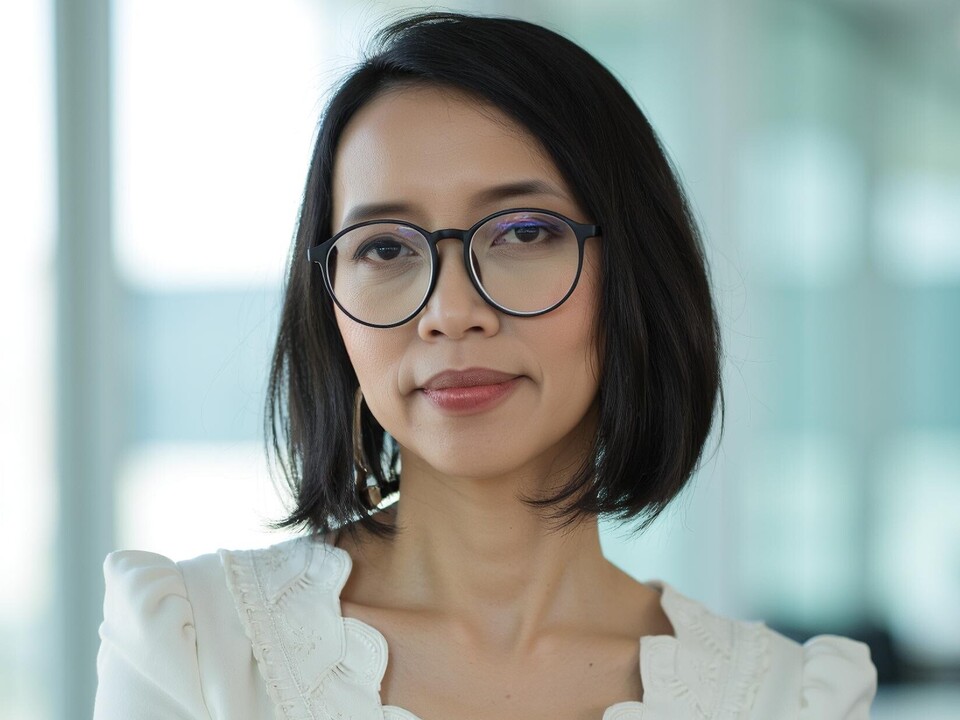Dr. Eirliani Abdul Rahman will join the group soon

Eirliani is an outstanding scientist who is currently a Research Affiliate at the University of Cambridge’s Minderoo Centre for Technology and Democracy and holds a doctorate in public health from Harvard University. Previously, Eirliani was a Senior Fellow at the Collaborative on Global Children's Issues at Georgetown University. A Fellow of the Royal Society for Arts, Eirliani is a member of Chatham House and was a former New America Open Technology Institute Fellow. She was a Prajna Leadership and Julio Frenk DrPH Fellow at Harvard and won the inaugural doctoral fellowship from the University of Konstanz’s Centre for Human | Data | Society in 2023. Since its inception in 2016, she was a founding member of Twitter’s Trust and Safety Council as an expert on child online safety. In December 2022, Eirliani made global headlines following her resignation from the council, speaking out against the meteoric rise in hate speech after Elon Musk’s purchase of the platform. Her work has been profiled by inter alia, the BBC, CBC, NPR, Slate, Harvard Public Health, the Sunday Times, and Business Insider. Her opinion pieces have been published by inter alia New America, Newsweek, Harvard Public Health, Chatham House and the German Council on Foreign Relations (DGAP).
This qualification has just earned her a grant from the Baden-Württemberg Foundation for herself and a team of scientists at the University of Mannheim for 3 years with an option for extension.
During this time, Eirliani will be developing an AI tool to help combat child trafficking in India. About every 15 minutes, a child is abducted in India, and one in every four abducted children is untraceably lost. Anti-trafficking civil society organizations in India have huge volumes of data, but lack the expertise and resources to merge them in common format. Despite grassroots and governmental efforts, systemic barriers persist: datasets on trafficking are fragmented and inconsistent, law enforcement agencies (LEAs) often lack the capacity for data-driven decision-making, and proactive interventions remain limited. These challenges leave at-risk communities highly vulnerable while simultaneously hindering LEAs trying to disrupt trafficking networks. To address these gaps, Eirliani and her team will be developing an AI tool: a comprehensive decision-support platform for child protection, combining predictive analytics with actionable guidance for LEAs.
Her project will be carried out in close cooperation with the Chair of Social Data Science and administered at the Mannheim Centre for European Social Research (MZES).